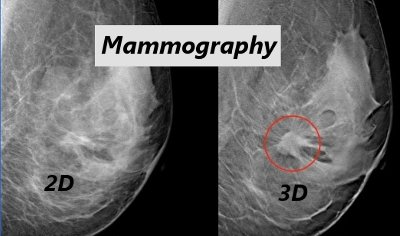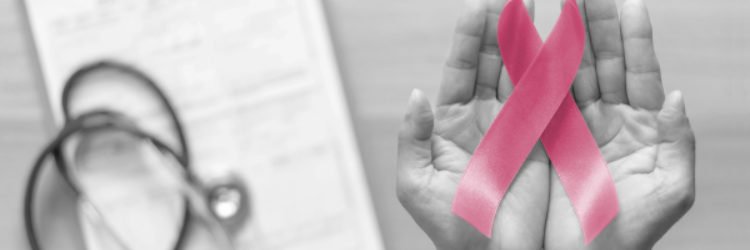While diagnosed cases of COVID-19 continue to rise around the country, certain diagnosed cases of cancer are on the decline, including breast cancer. On the surface, this seems like an amazing development and celebration-worthy accomplishment in the fight against breast cancer! But, a closer look reveals the truth behind this decrease lies in a dramatic decrease in exams and screenings this past year, a trend that needs to reverse as we enter into 2020.
Why are Breast Cancer Screenings Down??
When COVID-19 became prevalent early this past spring, health care facilities and hospitals in different areas around the country quickly became overwhelmed with patients. In addition, information was still being gathered as to the potency of the disease as well as the contagious nature of the disease. In an attempt to reduce patient contact and also to conserve resources in the healthcare systems, the American Society of Clinical Oncology recommended that certain cancer screening procedures like mammograms be postponed if that procedure required a visit to a clinic or oncology center. As such, hospitals and clinics across the nation canceled or delayed this ‘elective’ procedure until further notice.
As time passed and more information became available regarding protective measures and patient safety, doctors began to schedule screenings again. This lapse of time though will ultimately come at a cost, as cancer is a disease that doesn’t delay or stop due to cultural changes or worldwide pandemics. It is inevitable that scores of women will find out later than they should have that they have breast cancer. And as we know with cancer, every day counts when it comes to early detection and treatment.
Why Should I Get Screened?
Screenings are vital to catching any disease early, especially cancer. The earlier that you are able to diagnose breast cancer, the easier it potentially becomes to treat. In particular, these screenings are important because according to the American Cancer Society, 1 in 8 women will develop breast cancer during her lifetime. It is the most diagnosed cancer in women(excluding all skin cancers) and is the second leading cause of cancer deaths in women behind lung cancer. In light of this information, it is recommended that women begin screenings around the age of 40 unless one is genetically predisposed or has a family history with breast cancer.
Screening and Exam Options
When it comes to screening and exam options, we have you covered at The Breast Center, where state-of-the-art medicine meets comfort and convenience. We don’t want you to feel like you have to ‘endure’ a visit including your scheduled procedure. Our hope is that you view it as an overall pleasant and reassuring visit. As such, there are a few options when it comes to screenings and exams for breast cancer at our clinics.
A mammogram is the most common type of screening for breast cancer. It is an X-ray image of the breast to see if there are any changes in the tissue or otherwise abnormal areas. We also offer 3D mammograms to clients in our Madison office, as these provide clearer imaging and improved screening technology over the 2D machines. Mammograms are very effective in detecting breast cancer early, when it’s small and even before a lump can be felt. Mammograms can not prove that there is cancer in the breast, but they play a key role in helping doctors decide if further testing is necessary.

A breast MRI is another type of screening that uses magnets and radio waves to take pictures of the breast. Doctors use MRIs for patients that are at a higher risk as they can appear to be abnormal even when nothing is present.
In addition to screenings, there are a few exams that are important to conduct. One of the most important things women can regularly do is conduct a BSE, or Breast Self Exam. Recent studies have shown that over 50% of all lumps discovered in the breasts are done so by a self exam. Being in tune with and aware of your body is important, and it is vital to start knowing and understanding your body early on. As such, it is important to do a BSE earlier rather than later, as you have a base for what is common or normal when it comes to your breasts and can notice when any changes occur.
Another type of exam is one that is simply done in our doctor’s office or in a clinic. These are done by a doctor or other health professional and can help find any abnormalities or potential problems. He or she will carefully feel the breasts and under the arms for lumps or anything else that seems unusual.
I Missed My Last Screening. When Should I Reschedule?
The short answer to that is NOW! Time is always of the essence when it comes to cancer. If you are concerned about COVID-19, ask your doctor what preventative measures are put in place to help slow the spread and to put the patient’s mind at ease. Contact us to schedule an appointment whether you are a new patient or a current patient.



 Close
Close